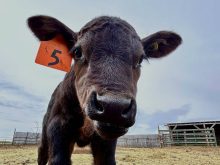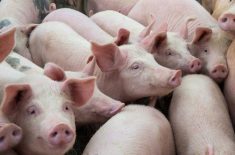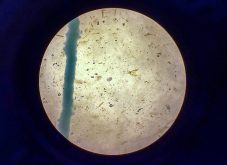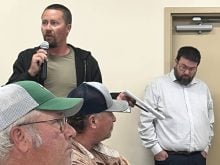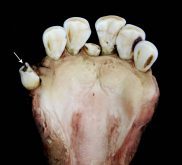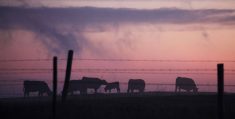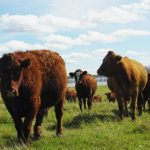Resuming live trade between Canada and the United States would benefit beef producers on both sides of the border, says the president-elect of the U.S.-based National Cattlemen’s Beef Association.
“Let’s get it done and let’s get it over with,” said Jim McAdam in an interview while attending the Canadian Cattlemen’s Association convention Aug. 18 in Calgary.
The NCBA supports an open border, but reminds Canada it must co-operate over issues like testing American cattle for bluetongue and anaplasmosis. This dispute has stalled open movement of U.S. feeders into Canada on a year-round basis.
Read Also
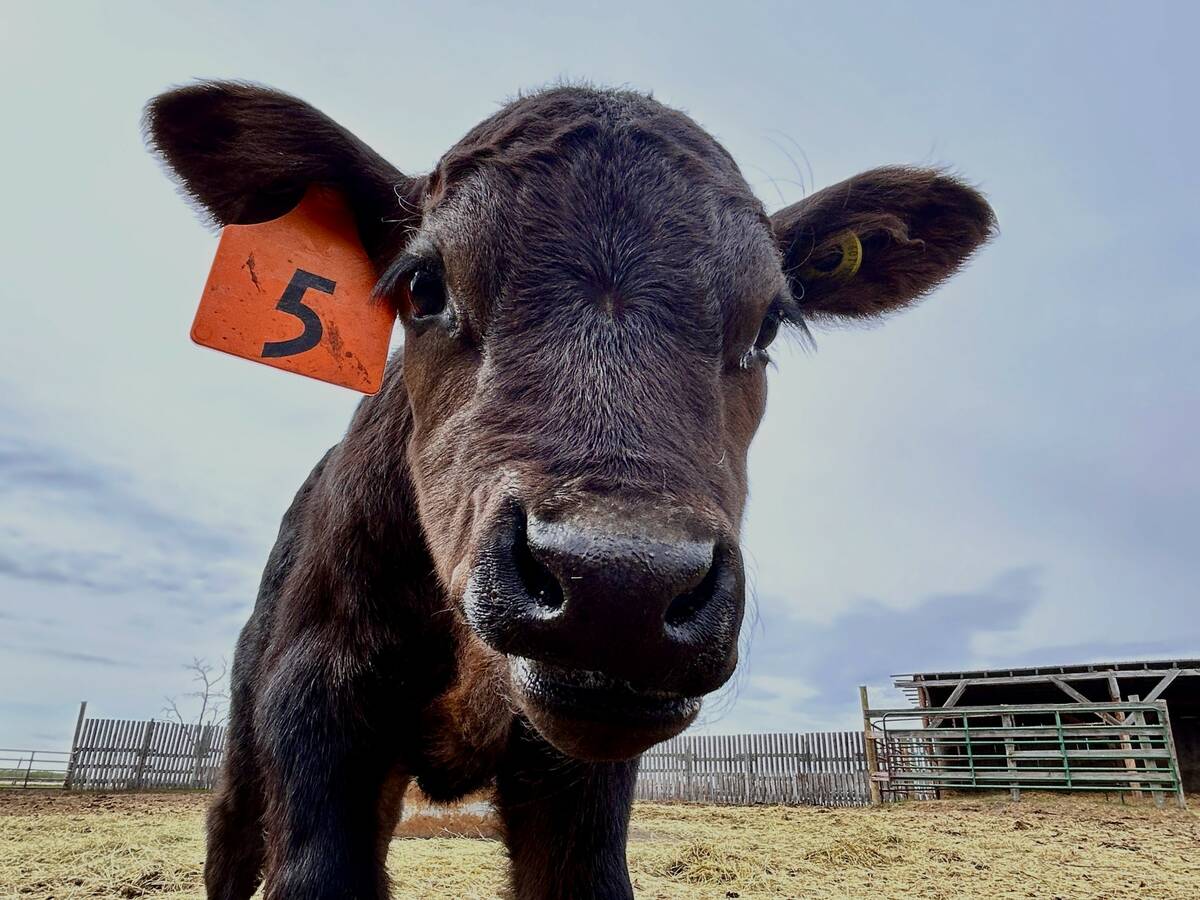
Calf hormone implants can give environmental, financial wins
Hormone implants can lead to bigger calves — reducing greenhouse gas intensity, land use intensity and giving the beef farmer more profit, Manitoba-based model suggests.
The NCBA must deal with divisiveness among U.S. livestock groups like the Montana based Ranchers-Cattlemen’s Action Legal Fund, which wants a long-term ban on Canadian livestock because American producers are enjoying record prices.
“I can make a lot stronger case for opening that border than R-CALF can for shutting it, but the difficulty is cutting through the clutter,” McAdam said.
American producers need to realize their recent prosperity due to record prices is not the full picture, he added.
“It’s great times in the U.S. as far as prices are concerned, but we worry about the sustainability in the long term,” he said.
The size of the U.S. cattle herd has declined due to recent drought and older producers retiring. Since 1997, 11 percent of beef producers have left the industry.
This year Mexico is expected to export 1.4 million feeder calves to the U.S. to offset the loss of live Canadian cattle. However, more heifers are being fed for beef, which keeps cow inventory and production down.
“I have less cattle than I have ever had in my life,” said McAdam, who ranches in Texas.
With a smaller herd and no Canadian imports, the subsequent short beef supply has driven up retail prices. There is concern consumers may switch to poultry or pork. In addition, fewer cattle could force closure of packers or further consolidation of feedlots.
“We have more capacity than we have cattle now.”
McAdam said he realizes advocacy groups like R-CALF stymied Canada’s efforts to resume trade in Mexico through court injunctions and intense lobbying.
Canada was prevented from shipping beef and possibly live animals overland to Mexico because concerns were raised these products could be diverted in the U.S. without effective traceback.
“USDA (federal agriculture department) and NCBA didn’t have that concern, but it was a concern of R-CALF,” he said.
Another concern is that American negotiators are undermining Canada in Asia.
“I don’t approve of decoupling Japan because it could create future problems,” he said. “We made it clear to our government that is not the path we support.”
The Japanese were told the BSE case found in Washington state was not an indigenous cow so the Americans should not lose their trade status as provisionally free of BSE. They say their situation is the same as the Canadian circumstance in 1993 when the disease was discovered in an imported British animal. Canada did not lose its ability to trade then.
That argument is a red herring, said McAdam.
“We have gone into enhanced surveillance so we could anticipate that we find more cases,” he said.
The NCBA has decided to take more aggressive stances on such issues.
One was the recent decision during the NCBA summer meeting in Denver, Colorado, to endorse U.S. president George Bush over senator John Kerry in the November presidential election.
Bush supports a trade agenda to increase global market opportunities for U.S. beef, while Kerry appears protectionist and could hamper cattle and beef movement if elected.





